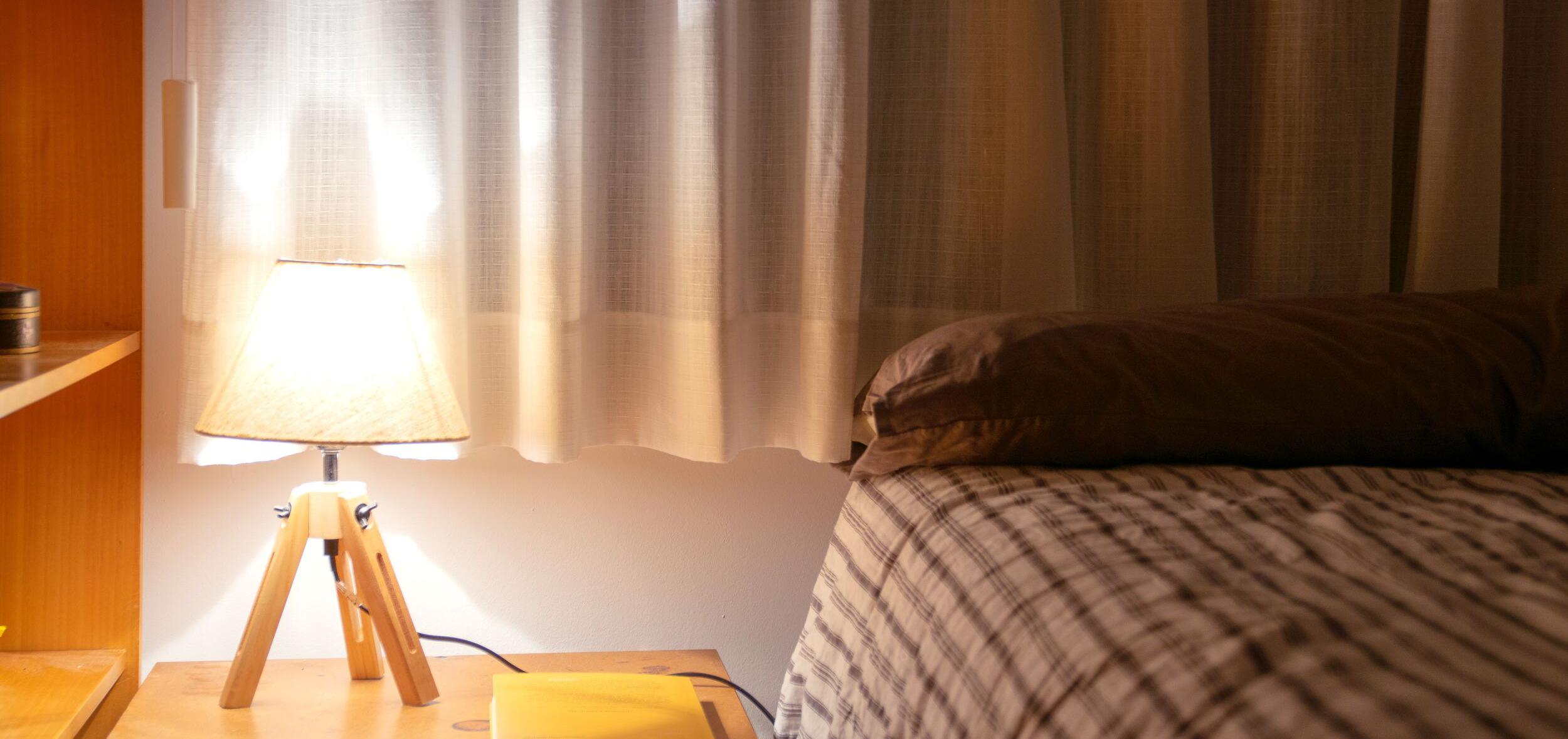
4 Strategies People Use to Get a Better Night’s Sleep
It can be hard to prioritize sleep, especially if you have what seems like a million and one things to do while you’re awake. But getting quality rest is essential for good health. People who get the sleep they need are more likely to feel better and less stressed, get along better with others, have an easier time managing their weight, and may be at a lower risk for chronic conditions like diabetes and heart disease, according to the U.S. Department of Health and Human Services.
Unfortunately, more than a third of Americans fall short of the recommended seven hours of sleep or more per night, according to the Centers for Disease Control and Prevention.
If you’re one of them, you know what happens next: You might have trouble thinking through complex problems or issues. Dealing with anger, sadness, and stress may be harder, and you’re likely to be more irritable than usual. It’s tougher to take in new information, think clearly, and succeed at work. Since your immune system also suffers from a lack of restorative sleep, you’re more likely to catch a cold or other illness.
It is possible to learn to sleep better, though. You might just need the right strategy. We asked formerly poor sleepers to share how they finally got the rest they needed, and also had sleep doctors weigh in. Here are four sleep hacks that work.
1. Get Yourself Good and Bored
Theola Tinney, 28, the co-founder of a startup in New York City, says she struggled to sleep because of stress—that is, until she committed to creating an unexciting, unstimulating sleep space.
To start, Theola hung blackout shades on the bedroom windows and left digital devices outside the room. “I lie down quietly on my bed and surprisingly, when I’m bored, it’s easy for me to sleep,” she says.
Stephanie Stahl, M.D., a board-certified sleep physician at Indiana University Health Physicians Sleep Medicine in Indianapolis, approves of this strategy. Stahl recommends keeping your bedroom as dark as possible and putting your phone and laptop away a couple of hours before bedtime, so you’re not exposed to the light from their screens.
“Even small amounts of light at night have been shown to cause sleep disruption, affect blood glucose levels, and even increase risk of obesity,” Stahl says. Darkness, on the other hand, triggers the production of melatonin—the hormone that tells your body it’s time to zonk out.
2. Be Careful with White Noise—Silence Is Better
For Kevin Adkins, 40, a Los Angeles–based attorney, the ticket to deep slumber is playing an eight-hour-long YouTube video of the sound of a vacuum cleaner. He says he discovered this trick around the age of 5 when he got the best sleep of his young life while listening to his mom vacuum.
Dull, ambient sounds can help you drift into sleep if they cancel out abrupt, unpredictable noises like sirens and car horns. However, the sleep experts we talked to said the best-case scenario for quality sleep is having a quiet room.
White noise can sometimes contribute to sleep problems like insomnia, says Joshua Lennon, M.D., a board-certified sleep specialist and assistant professor of neurology at the University of Tennessee Health Science Center. He recommends using white noise only when necessary. Another audio option to consider? Earplugs.
3. Listen to a Bedtime Story
Allyson Carter, 26, a San Francisco–based hairstylist, says she finally got over insomnia by listening to relaxing, monotone podcasts, including Nothing Much Happens, which is a series of bedtime stories for adults. “When I would concentrate on the words as I lay in bed, sleep would just overcome me, and I would be snoozing in no time,” she says.
Listening to less-engaging podcasts or audiobooks (in other words: no thrillers!) doesn’t just keep your eyes off screens; it may also help you anchor your mind, which can be helpful if it tends to wander at night, says Abhinav Singh, M.D., a board-certified sleep physician and internist and the director of the Indiana Sleep Center. Remember to keep the volume low and set a timer to power down the device after you fall asleep, which can protect your ears, he says.
4. Turn Down the Temperature
Mandie Brice, 40, a Phoenix-based entrepreneur who had sleep problems in the past, says one of many ways she ensures she gets good sleep is to use a “smart” mattress pad, which adjusts its temperature according to her personal settings. “You know how everyone loves the cool side of the pillow?" she says. “Imagine that, but it's your whole bed. It's divine!” (The pad Mandie uses is from Eight Sleep, but there are other brands on the market, too.)
According to sleep experts, the ideal temperature for sleep is a surprisingly cool 60 to 67 degrees Fahrenheit, which supports your body’s natural cool-down process in the evening and prevents middle-of-the-night wake-ups due to overheating.
“Cooling the body, whether through using a smart mattress or turning down your thermostat, can help you get to sleep faster and help you achieve deeper sleep,” Lennon says.
If you’ve tried all this advice and you’re still struggling to function because of poor sleep, contact a healthcare provider to figure out what’s at the root of the issue and how to treat it. The extra work to get your ideal rest will be worth it.
You May Also Like:
Want to Read More?
Access all of Twill Care’s content, community, and experts for free!
Already a member? Login
Want to Read More?
Access all of Twill Care’s content, community, and experts for free!
sign UP For FreeAlready a member? Login

